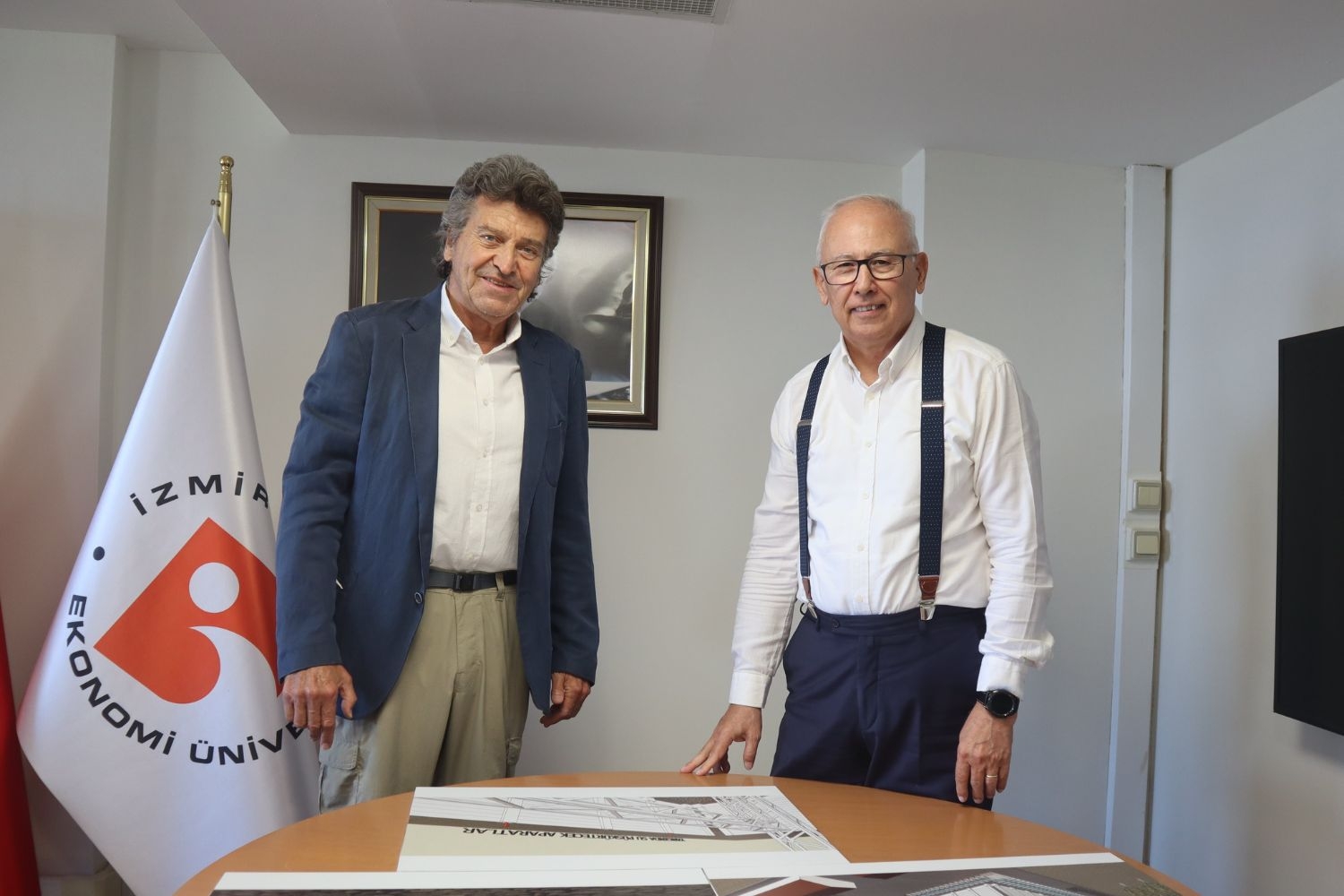
‘Fire Towers’ for Forest Fires
Prof. Dr. Celalettin Kozanoğlu and Prof. Dr. Murat Aşkar from Izmir University of Economics (IUE) have developed a ‘fire tower’ ...

Life-saving projects
Students of Izmir University of Economics (IUE) took action in response to the increase in natural disasters such as earthquakes, ...
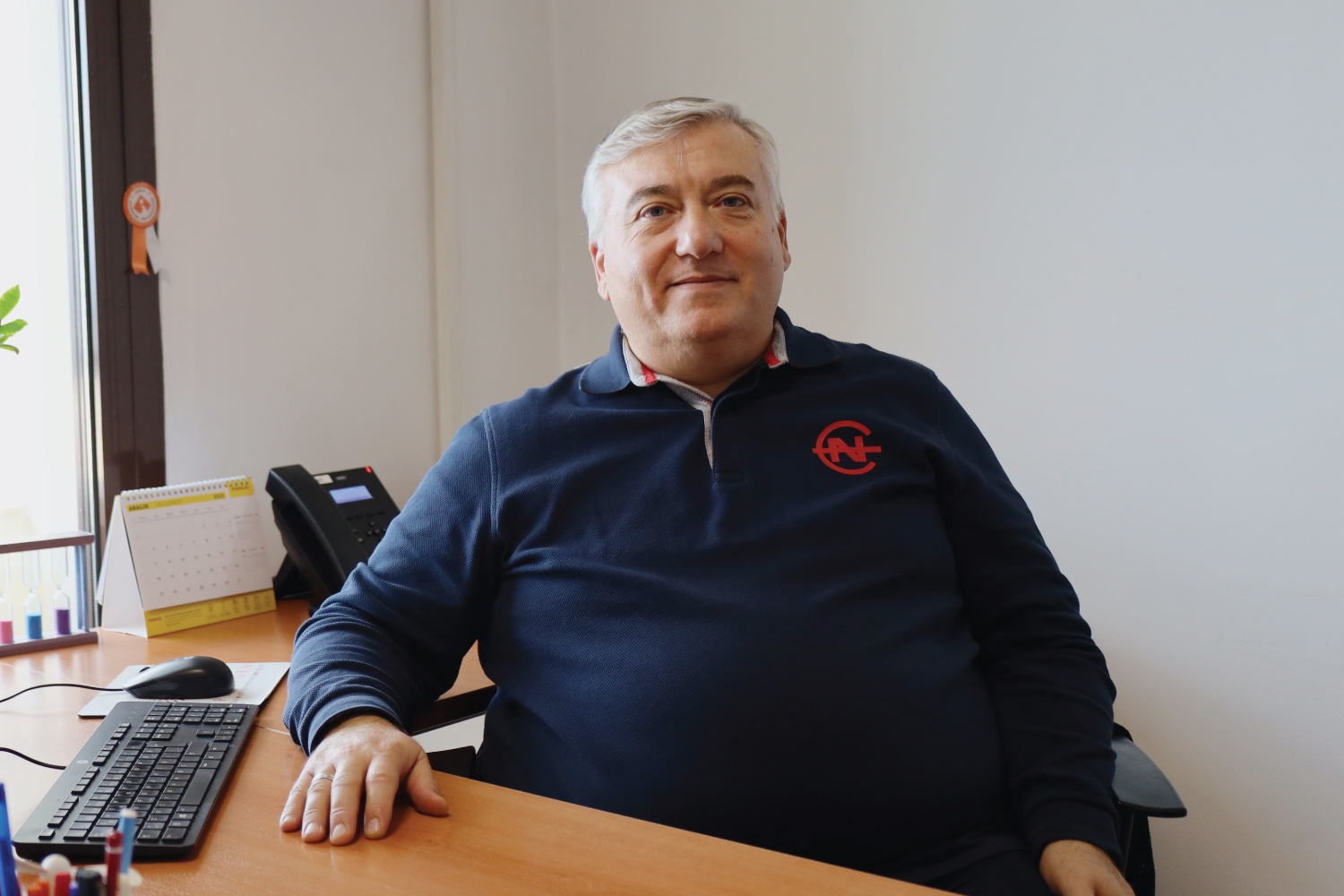
IUE Professor elected as a ‘president’
Prof. Dr. Aydın Akan, Head of the Department of Electrical and Electronics Engineering at Izmir University of Economics (IEU), who ...
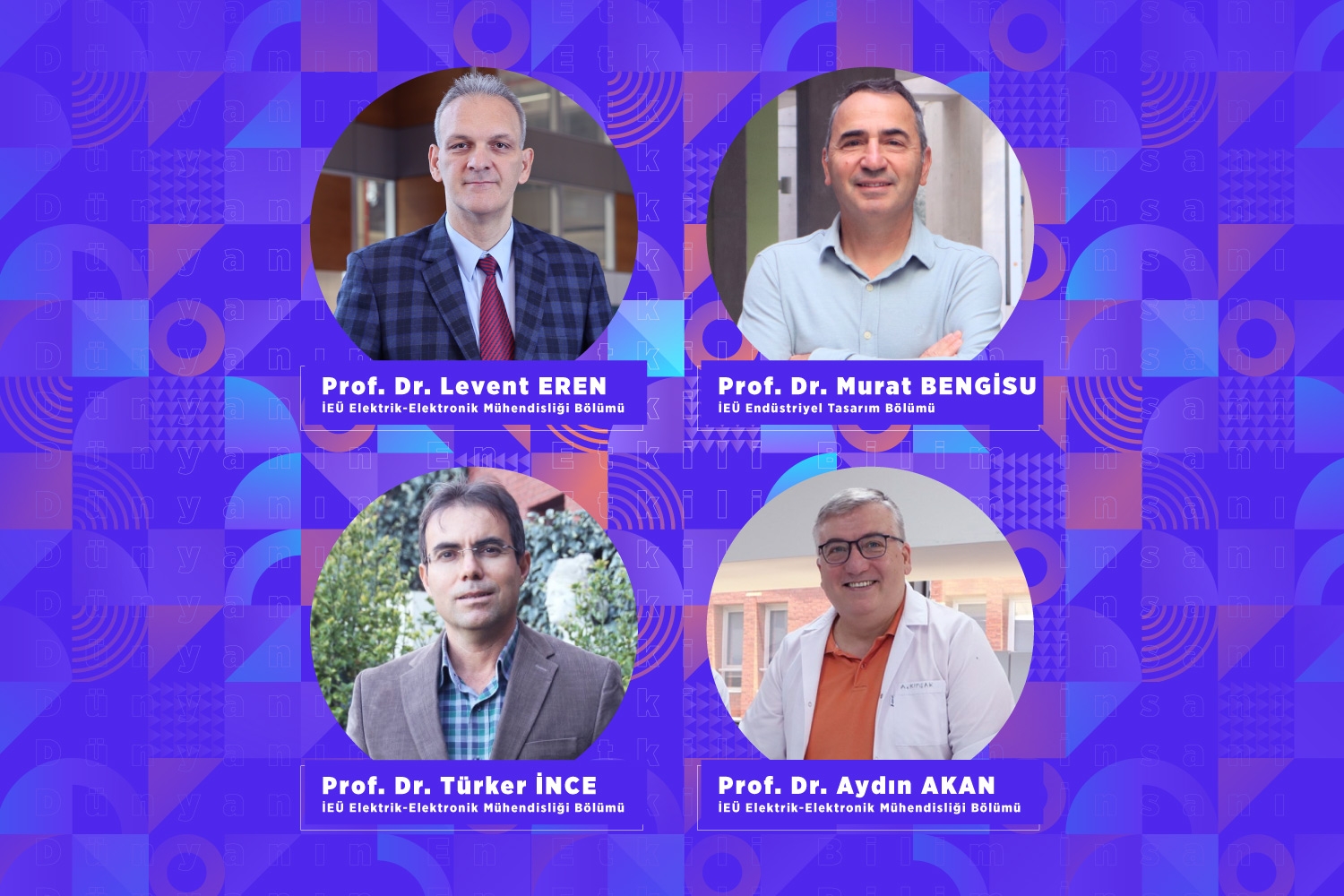
IUE academics among the world's top 2% scientists
4 professors from Izmir University of Economics (IUE) were included in the 'World's Most Influential Scientists List' announced by a ...
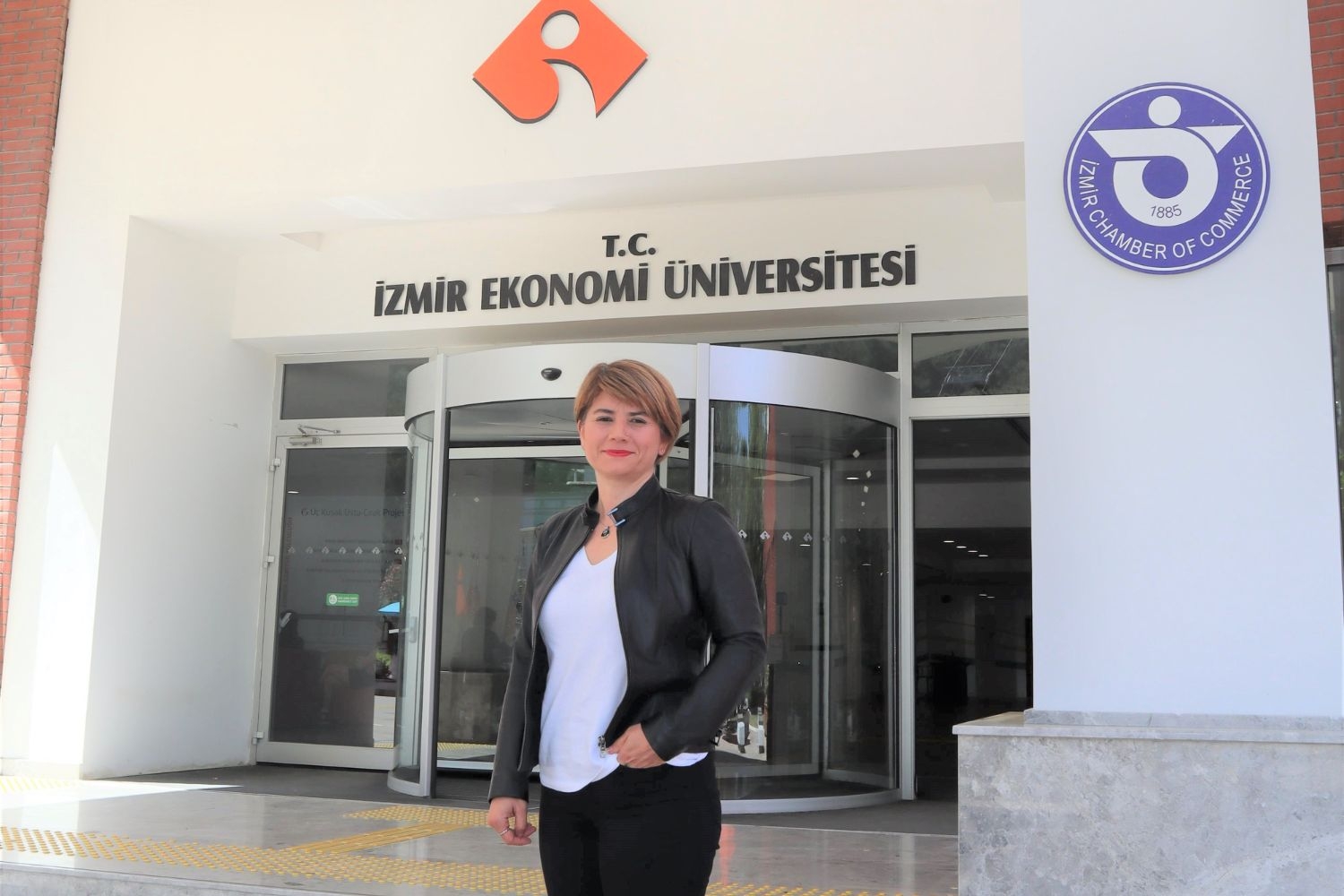
One of 132 successful women in Europe
Assoc. Prof. Dr. Pınar Oğuz Ekim, Lecturer at Izmir University of Economics (IUE), was awarded a 75 thousand Euro grant ...
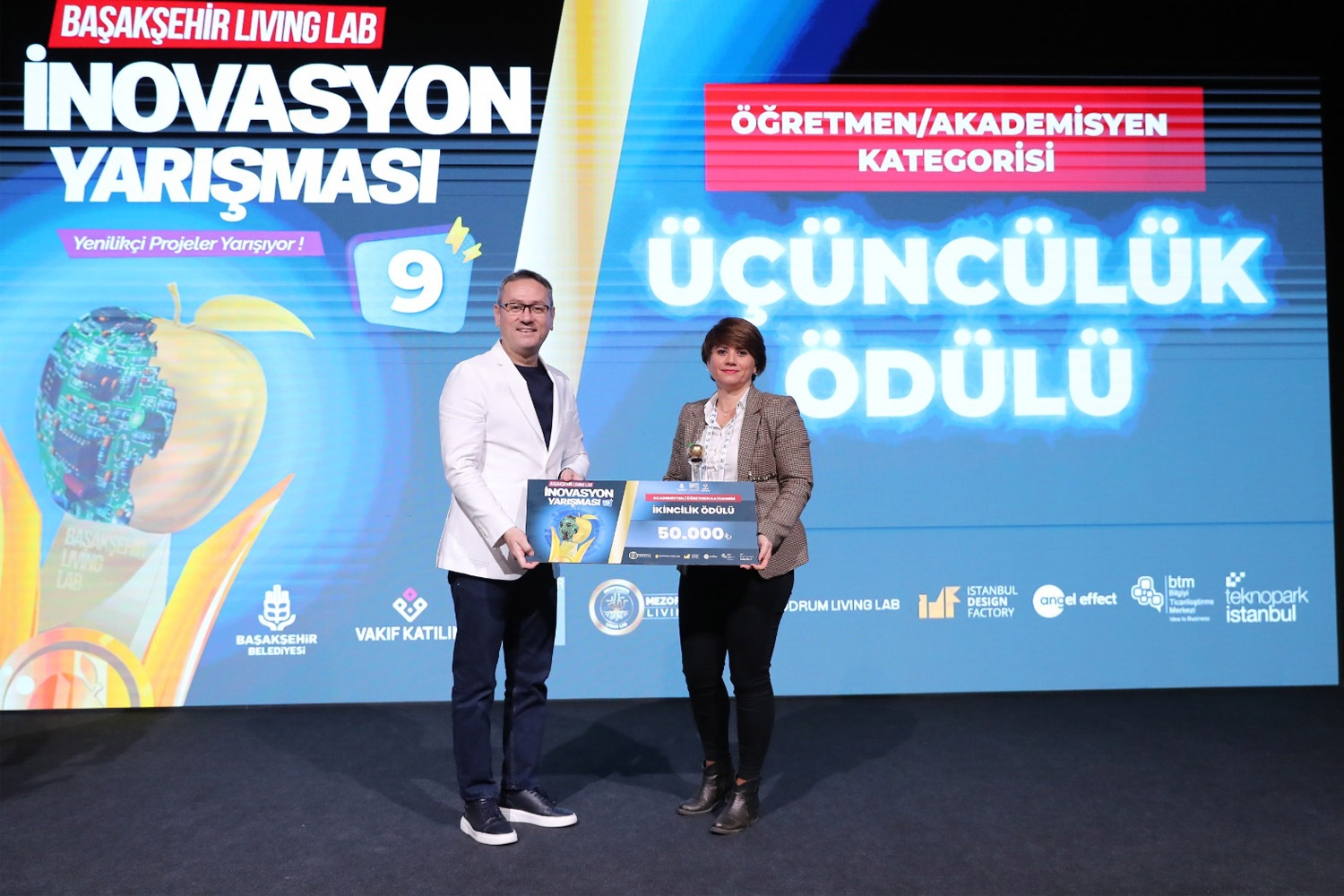
Academic-student partnership brought another award
Assoc. Prof. Dr. Pınar Oğuz Ekim, Faculty Member, Izmir University of Economics (IUE) came second in Turkey in the innovation ...
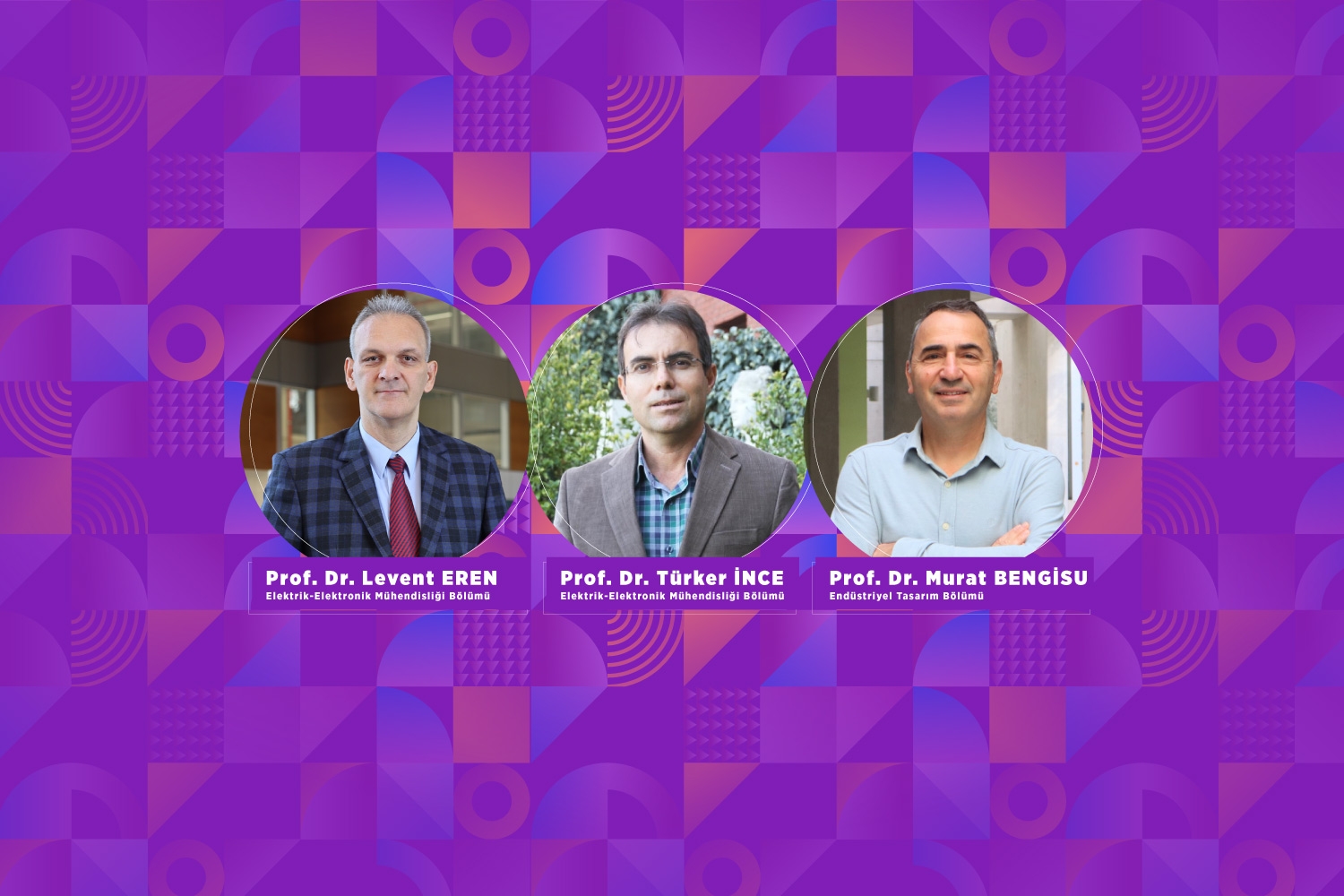
Made it among the most influential scientists in the world
Three professors from Izmir University of Economics (IUE) were included in the “World's Most Influential Scientists List”, announced by a ...
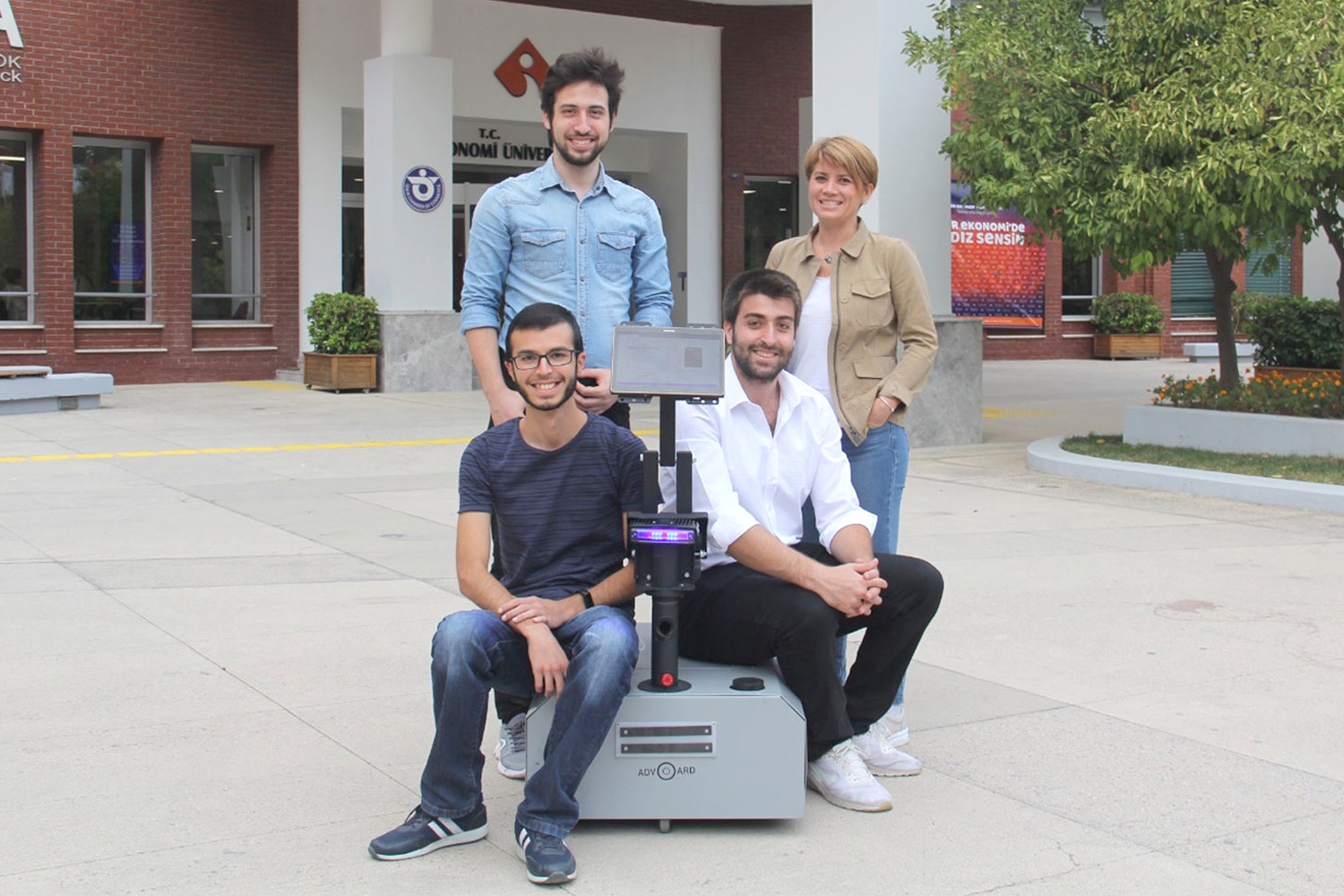
Academic-student partnership brought success
Assoc. Prof. Dr. Pınar Oğuz Ekim, faculty member at Izmir University of Economics (IUE), has been shown among the top ...




